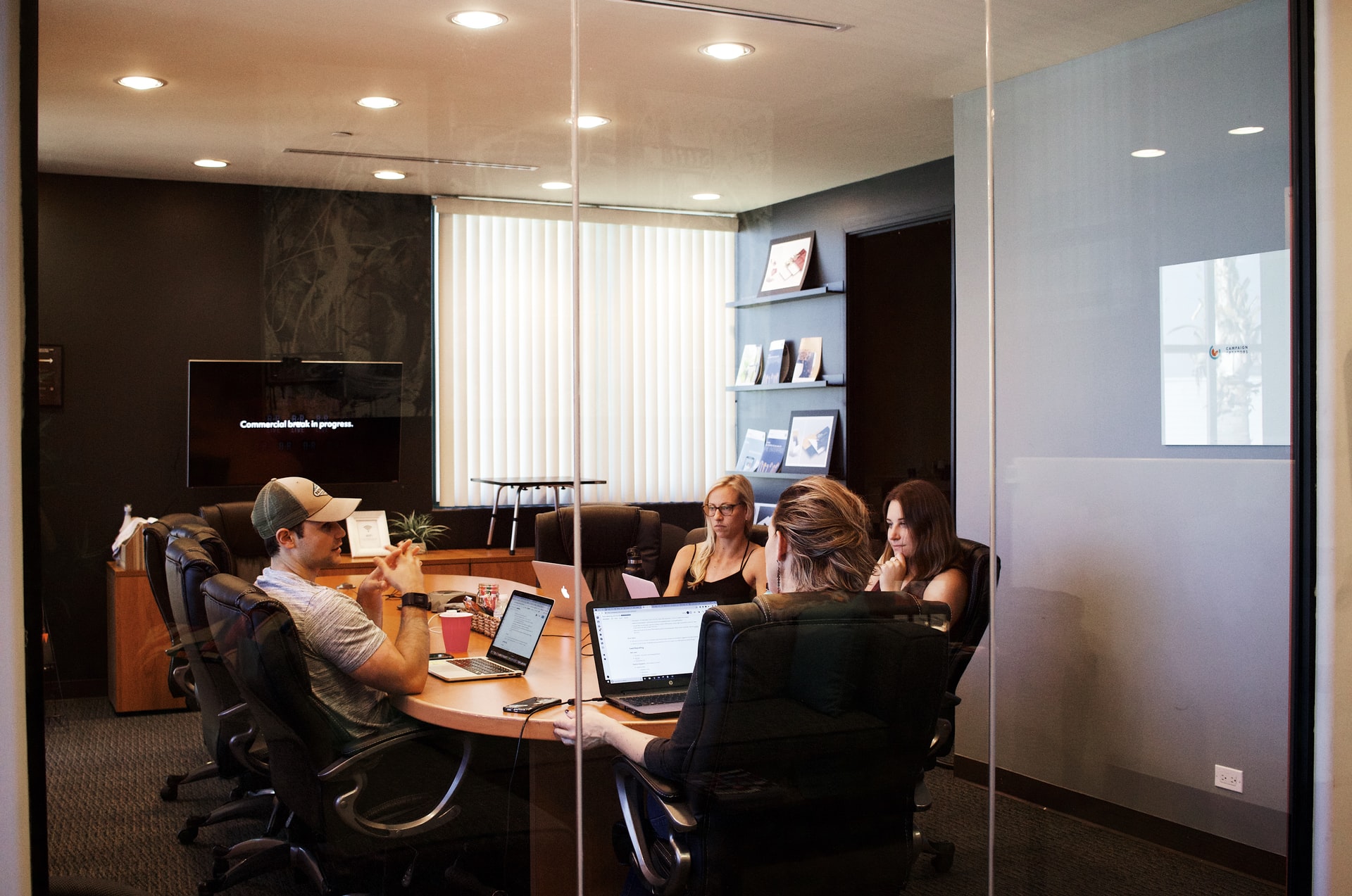IIn the twenty-first century, sexism and ageism at the workplace seem like old and ridiculous practices, but sometimes people just can’t give up the stereotypes that have haunted them for many years. We can’t always recognize our wrong actions instantly and stop doing what we do, but mostly we all need a gentle way to be stopped. Some people compare sexism and ageism with terrorism, they say that sometimes it can make really massive psychological harm. Read more on https://lawaspect.com/terrorism-law-essays/. Let’s see what we can do to prevent sexism and ageism and develop a more modern and healthy attitude to the working process.

Focus On The Goal, Not On Personalities
We come to work to do work, that’s the main point. Socializing and team activities are nothing more than pleasant bonuses. Mostly, sex and age can’t prevent people from performing tasks (unless these are very special tasks that may be risky for the health of a particular group). When you feel that something isn’t right, ask yourself particular questions. Does the sex or age of the worker have something to do with the task they should be given? Can they lift the weight they are asked to? Maybe, after a certain age, it’s really not a good idea. If you see a real medical reason for something related to sex or age, it’s not sexism or ageism. But if you believe in a psychological difference like “female brain” or “male brain” or, possibly, more rigid thinking of older people – it might be a form of sexism or ageism. How this harm impacts women you can read on https://newyorkessays.com/examples/woman-suffrage/.
If the goal doesn’t have anything to do with sex or age (e.g. breastfeeding experience is unique for women, so sex does matter for this), there is no reason to prefer people of certain sex or age. There is also no reason to focus on the external aspects of the working process, such as demands for women to look good or not expecting the knowledge of modern technologies from older people. The people are ready to do the job until they haven’t proven the opposite. Focus on the goal and reward the workers according to the work they do and the results they get. It is one of the best ways to prevent sexism, ageism and other -isms at the workplace.
Don’t Assume, Ask
People can have their reasons to do or not do something. They may be good at some things and activities and not so good at others. Assuming that some skills are passed with X or Y chromosomes or miraculously appear with age is also sexism and ageism. However, almost all of us are prone to it to some extent. But we should re,e,ber that women aren’t more empathetic and emotional, and men aren’t more reasonable by default. Older people aren’t always more conservative and slower to accept radical changes. Family expectations are another topic that can be speculated on and become the source of sexism.
If you feel that something personal or psychological may influence the working process, don’t be shy to ask. A polite question has nothing to do with sexism. There is nothing wrong with asking who in the couple will take sick leave because their kid is ill. It is fine to ask if the pace of changes is comfortable for everyone. When everyone is asked the same things, it isn’t a manifestation of sexism in any way. By the way, applying the “gender mirror” and “age mirror” is a great way to fight sexism. If you can ask any of your colleagues the same question, then it’s not sexism or ageism. If the question looks inappropriate when you ask people of different sex or age, then you should think about it a bit more.
Be Aware
Knowing how you are acting around others is the best way to prevent any discrimination. We don’t urge you to control each of your actions all the time and develop anxiety, but if you feel inappropriate about something done towards you, it is also a good time to think if you did something similar by yourself. Humans naturally don’t think about discrimination and empathize too much until they feel that discrimination by themselves. It is the way our brain is hardwired.
If someone tells you that the situation is bad for them, try to imagine yourself in a similar situation. Will you feel comfortable? Can you imagine yourself in such a situation at all? Maybe that person exaggerates things a bit? Mirroring situations helps you to stay aware of your actions and the actions of others towards you. It lets you both not to discriminate and not to become a discriminated one.
Sexism and ageism are still way too prevalent, unfortunately. Social stereotypes are rigid and can still be seen everywhere, influencing our subconscious processes. But getting rid of sexist and ageist assumptions is possible and totally within our possibilities. Like any bad habit, it can be controlled by our mind and eliminated completely, giving way to a completely new, healthier lifestyle.